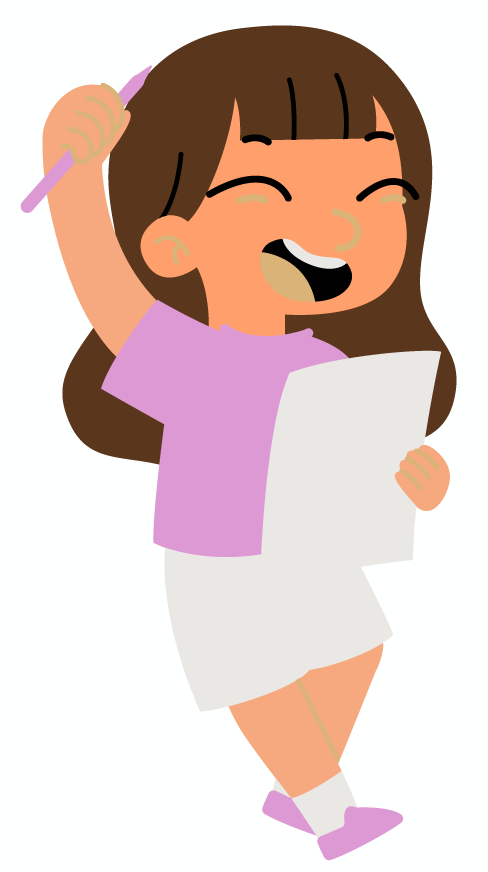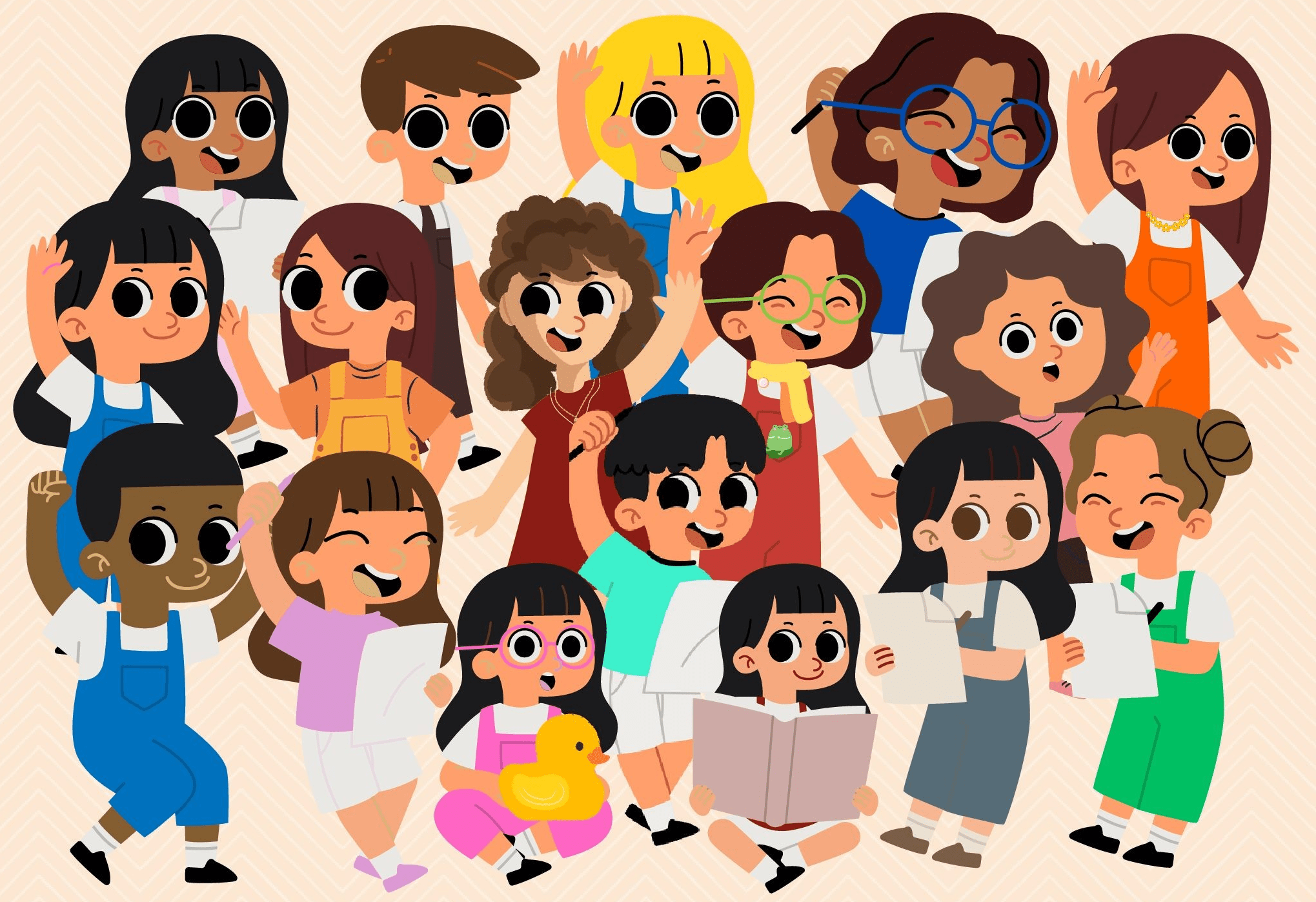Education is not only a fundamental right but also a means to realize other children’s rights. This is why a group of countries and civil society organizations are working together to create an Optional Protocol to the Convention on the Rights of the Child to ensure free pre-primary and secondary education.
Have a look at how children have participated in this initiative!

Goals
This initiative aims to make sure every child can go to school for free, starting from preschool all the way through secondary school. Unfortunately, a lot of children and their parents must pay for school when they are really young or for secondary school.
Because of this, many children can’t make it to secondary school, and more than half of those who do start secondary school don’t finish. Additionally, almost half of the children around the world don’t go to preschool.
Learning early on can help children to develop vital skills in the long run. It makes a big difference in how well they do in school, their health, and even their chances of getting a good job when they are older. Going to secondary school is also important because it helps children get better jobs, earn more money, and avoid poverty.
Every child should have at least one year of free education before starting primary school and free education for secondary school.
The United Nations Convention on the Rights of the Child says that primary school should be free, but it doesn’t say anything about free preschool or secondary school. This is why we wish to work with states to create a new law to make sure all children get at least one year of free education before primary school and free education for secondary school.

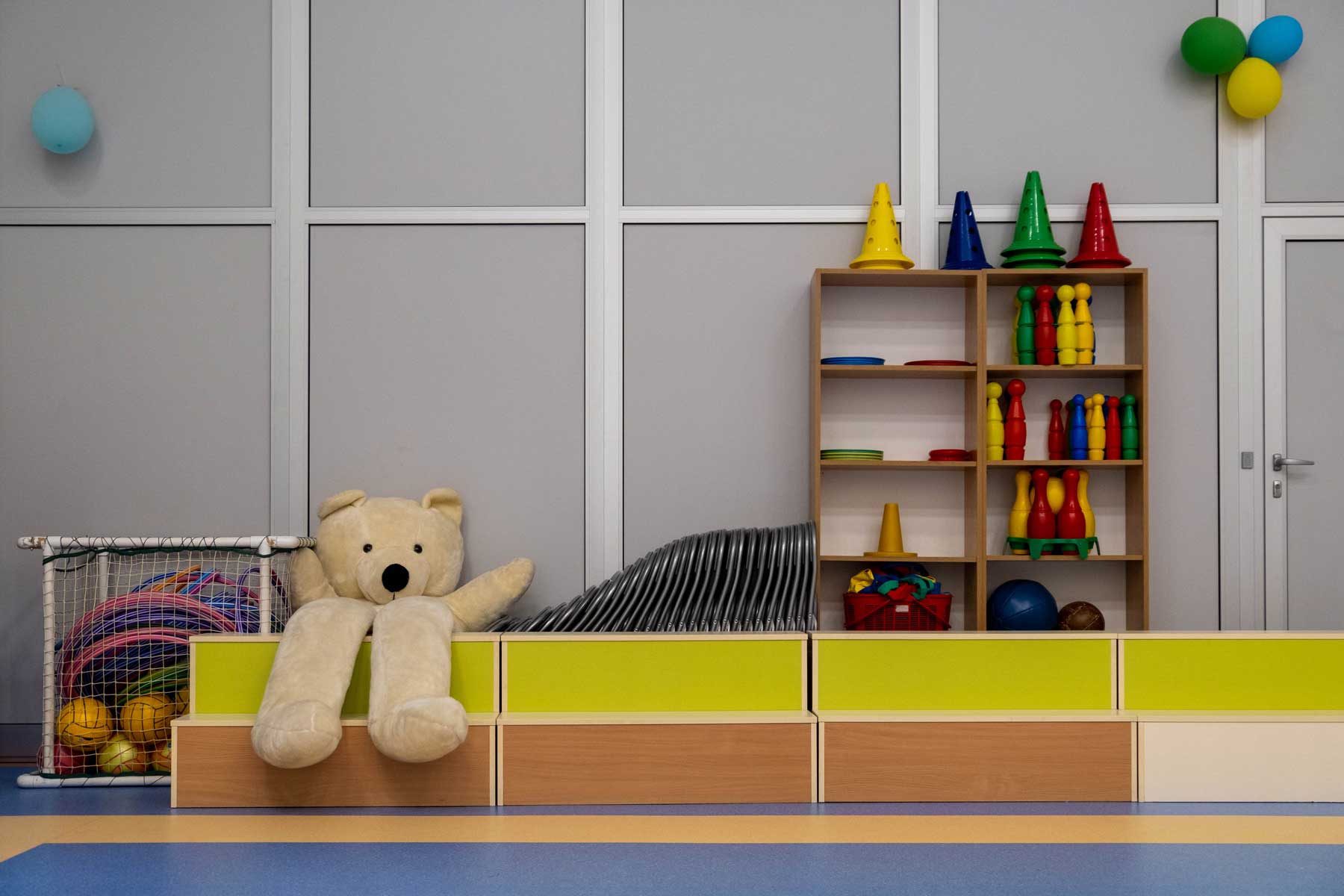
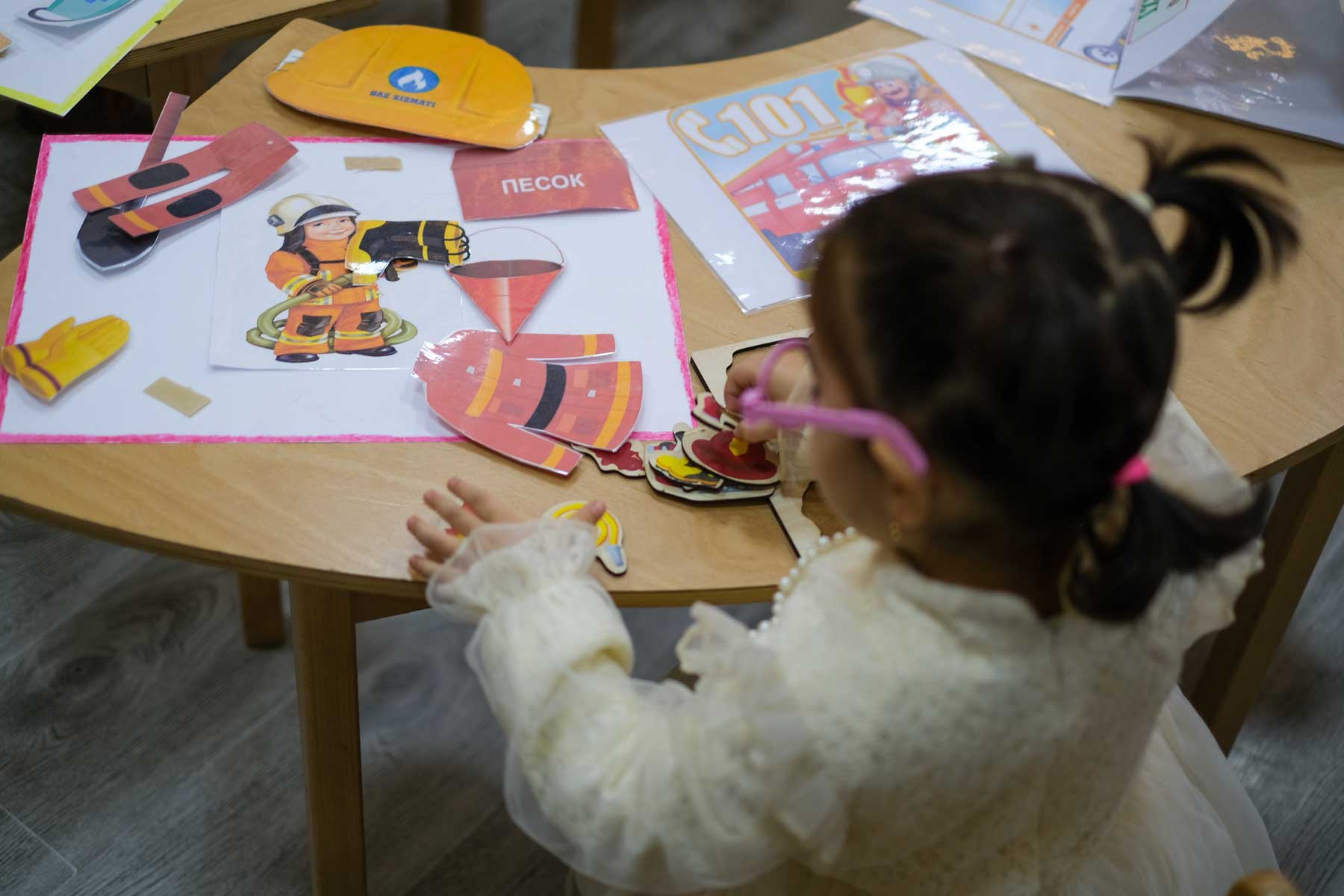
Roadmap
The United Nations Convention on the Rights of the Child (UNCRC) was adopted in 1989. Since then, three additional documents were added to the Convention called Optional Protocols.
Now the time has arrived for a fourth one!
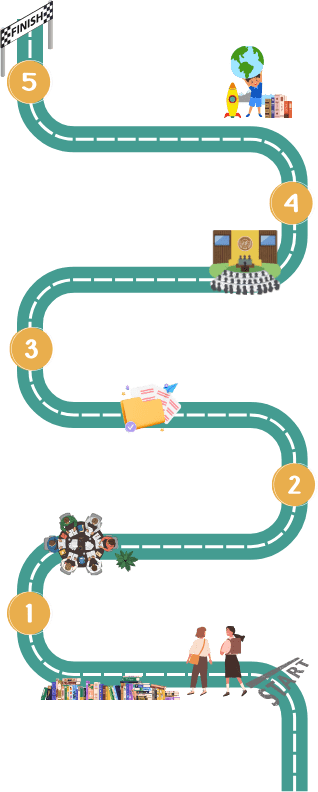
Children’s Voices on Access to Free Public Pre-primary and Secondary Education
Following the call of the UN Office of the High Commissioner for Human Rights for input to the Open-ended Intergovernmental Working Group on a possible optional protocol to the Convention on the Rights of the Child, the Children Advisory Team of Child Rights Connect conducted surveys around the globe.
The narrative report brings together the views of 1,297 children from 12 countries, who participated in the process as active contributors concerned with issues affecting their lives, rights and future.
The report is available to read in English and Spanish, as are the global results (English, Spanish and French).
To explore the results by country, click below on the avatars!
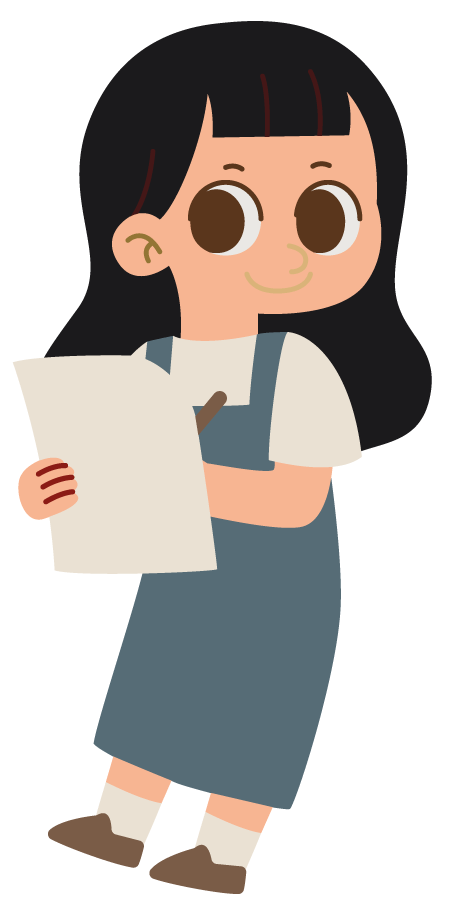
Afghanistan
Tahera
Afghanistan
Our child advisor Tahera from Afghanistan has conducted a survey about accessing free public pre-primary and secondary education in Pakistan. Read the results of the survey, which involved 20 children, in English!

Bosnia and Herzegovina
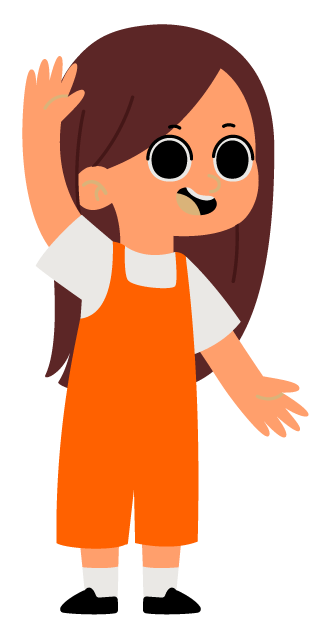
Brazil
Júlia
Brazil
Our child advisor Julia from Brazil has conducted a survey about accessing free public pre-primary and secondary education in Brazil. Read the results of the survey, which involved 387 children, in English and Portuguese!
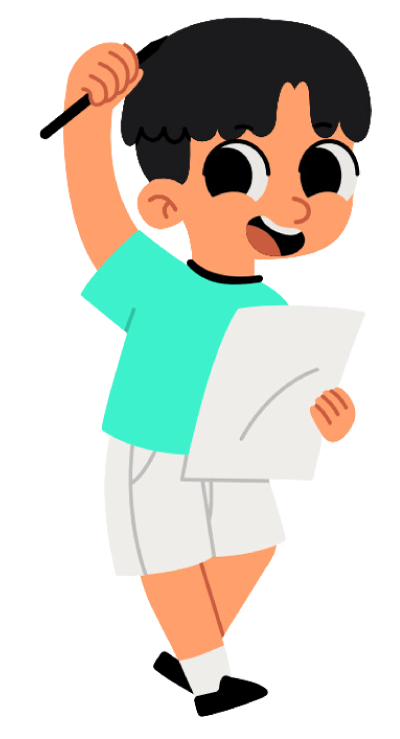
Bulgaria
Denis
Bulgaria
Our child advisor Denis from Bulgaria has conducted a survey about accessing free public pre-primary and secondary education in Bulgaria. Read the results of the survey, which involved 118 children, in English!

Canada
Sarah
Canada
Our child advisor Sarah from Canada has conducted a survey about accessing free public pre-primary and secondary education in Canada. Read the results of the survey, which involved 68 children, in English!

Nigeria
Kamsi
Nigeria
Our child advisor Kamsi from Nigeria has conducted a survey about accessing free public pre-primary and secondary education in Nigeria. Read the results of the survey, which involved 101 children, in English!
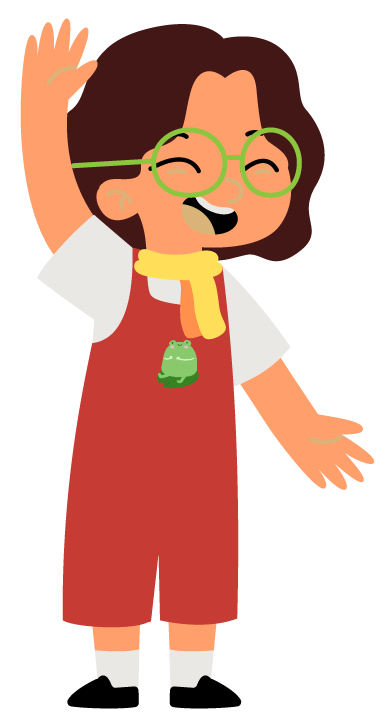
North-Ireland
Sarah
North-Ireland
Our child advisor Sarah from Northern-Ireland has conducted a survey about accessing free public pre-primary and secondary education in Northern-Ireland. Read the results of the survey, which involved 139 children, in English!
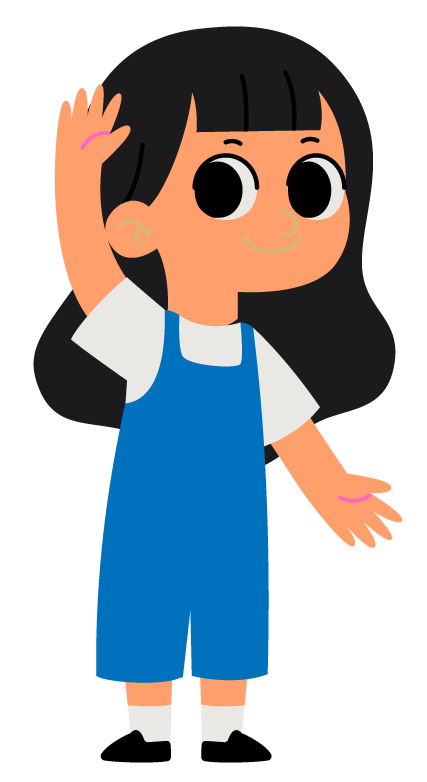
Palestine
Layan
Palestine
Our child advisor Layan from Palestine has conducted a survey about accessing free public pre-primary and secondary education in Palestine. Read the results of the survey, which involved 21 children, in English!
News from our CAT
Lana and Karen Participate in the First Session of the IGWG on the New Optional Protocol to the CRC Convention
From 1-3 September 2025, the first session of the Intergovernmental Working Group (IGWG) was held in Geneva to explore the possibility of a new Optional Protocol to [...]
Lana and Karen Selected to Represent Their Regions at the First IGWG Meeting on the new CRC Optional Protocol
On 10 July 2024, the Human Rights Council decided to create a special group to explore a new Optional Protocol, attached to the UN Convention on the Rights of the [...]
Denis’s participation in a side event at the 59th session of the UN Human Rights Council
Denis, a child advisor at Child Rights Connect, participated in a side event at the 59th session of the United Nations Human Rights Council, which focused on [...]
Want to know more about this initiative?
Check out the child-friendly document on this issue.
Read the Children’s Advisory Team’s letter to the UN High Commissioner where they share their thoughts on this important initiative.
Download the letter:
English
click to expand
Listen to the messages of the Children’s Advisory Team about why free preschool and secondary school education are important and the changes they hope to see.
This initiative was launched by the Working Group on Education by the following members: African Child Policy Forum, Alana Institute, ATD Fourth World, Avaaz, Centre de Paix Junneuf, Dublin City University, Education International, Equal Education Law Centre, GI-ESCR, Girls not Brides, Global Campaign for Education, Initiative for Social and Economic Rights, Institute on Statelessness and Inclusion, International Council of Women, ISPA, Make Mothers Matter, Malala Fund, OHCHR, OMEP – Organsation Mondiale pour l’Education Prescolaire /World Organization for Early Childhood Education, Red Clade, Right to Education Initiative, Right to Education Initiative (RTE), Sesame Workshop, UNESCO, World Vision, Plan International.
This webpage was funded by Human Rights Watch.
